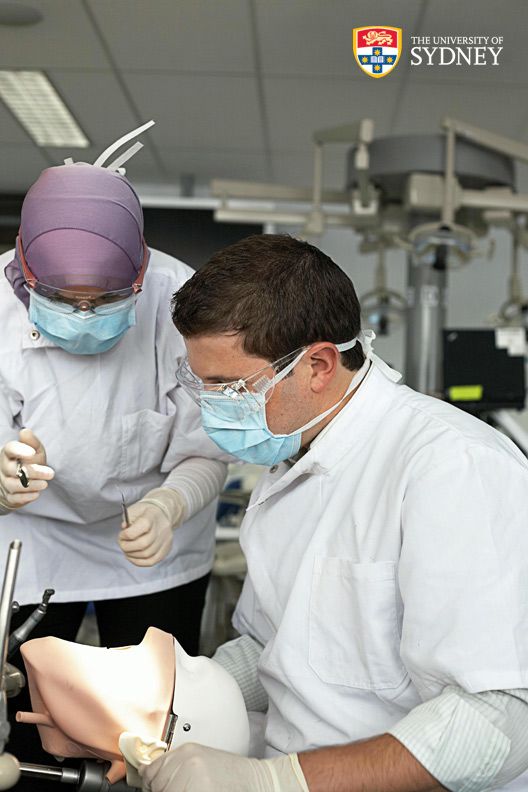In Sydney, as the interest in holistic and natural health solutions continues to grow, Traditional Chinese Medicine (TCM) stands out as a well-established system offering both safety and effectiveness for a wide array of health concerns. For those considering TCM, understanding the regulatory framework and the evidence supporting its practices can provide confidence in choosing this ancient yet highly relevant form of healthcare.
The Foundation of Safety: Regulation in Australia
One of the most crucial aspects ensuring the safety of TCM chinese medicine sydney is the robust regulatory framework in Australia. Unlike some regions where TCM practice may be unregulated, Australia has taken significant steps to ensure high standards of care:
1. National Registration with AHPRA
The Chinese Medicine Board of Australia (CMBA), operating under the Australian Health Practitioner Regulation Agency (AHPRA), is the national body responsible for regulating TCM practitioners. This means that anyone practicing as an acupuncturist or Chinese herbal medicine practitioner in Sydney must be registered with the CMBA. This registration ensures:
- Approved Education and Training: Practitioners have completed rigorous, government-accredited university degrees or equivalent qualifications.
- Clinical Competence: They have undergone supervised clinical training.
- Professional Standards: Adherence to strict codes of conduct, ethical guidelines, and professional practice standards.
- Continuing Professional Development (CPD): Practitioners are required to regularly update their knowledge and skills.
- Public Protection: AHPRA provides a mechanism for public complaints and ensures practitioners are fit to practice.
This stringent regulation provides a strong foundation of safety, ensuring that you are receiving care from a qualified and accountable professional.
2. Sterile Practices for Acupuncture
For acupuncture, safety is paramount. Registered practitioners in Sydney are mandated to use sterile, single-use, disposable needles. This eliminates any risk of transmitting infectious diseases. Furthermore, they are trained in proper needle insertion techniques to minimize discomfort and avoid any potential complications.
3. Quality Control for Herbal Medicine
Reputable TCM clinics in Sydney prioritize the quality and safety of their herbal medicines. This includes:
- Sourcing: Ensuring herbs are sourced from reputable suppliers who adhere to quality control standards.
- Identification: Correct identification of herbs to prevent misidentification.
- Contaminant Testing: Screening for heavy metals, pesticides, and other contaminants.
- Proper Dispensing: Accurate measurement and clear instructions for patients.
Evidence for Effectiveness: A Growing Body of Research
Beyond safety, the effectiveness of TCM, particularly acupuncture and herbal medicine, is supported by a growing body of scientific research. While some areas require further study, significant evidence exists for many conditions:
1. Pain Management
Acupuncture is widely recognized and recommended by many Western medical guidelines for various types of pain, including:
- Chronic Low Back Pain: Numerous studies and systematic reviews have shown acupuncture to be effective.
- Neck Pain: Evidence supports its use for both acute and chronic neck pain.
- Headaches and Migraines: Acupuncture is often recommended as a preventive treatment.
- Osteoarthritis: Particularly knee osteoarthritis.
2. Stress, Anxiety, and Mental Well-being
Acupuncture has demonstrated efficacy in reducing stress and anxiety by influencing the nervous system and balancing neurotransmitters. Herbal medicine is also used to calm the mind and address underlying imbalances contributing to these conditions.
3. Women’s Health and Fertility
TCM, especially acupuncture, is increasingly integrated into fertility treatment protocols. Research suggests it can:
- Improve IVF Outcomes: By reducing stress and improving blood flow to the uterus.
- Regulate Menstrual Cycles: For conditions like PCOS and painful periods.
- Alleviate Menopausal Symptoms: Such as hot flashes and night sweats.
4. Digestive Disorders
TCM approaches, including acupuncture and herbal medicine, are used to address conditions like Irritable Bowel Syndrome (IBS), bloating, and indigestion, by regulating digestive function and reducing inflammation.
Choosing a Safe and Effective Practitioner in Sydney
To ensure you receive safe and effective TCM treatment in Sydney:
- Verify Registration: Always check the practitioner’s registration on the AHPRA website.
- Inquire About Experience: Ask about their experience in treating your specific condition.
- Seek Referrals: Get recommendations from trusted sources.
- Have a Thorough Consultation: A good practitioner will conduct a detailed assessment and explain your treatment plan clearly.
Conclusion
Traditional Chinese Medicine in Sydney offers safe and effective options for those seeking natural and holistic healthcare. Backed by stringent national regulation and a growing body of scientific evidence, TCM provides a reliable pathway to address a wide range of health concerns, promoting balance, well-being, and a healthier life in the modern urban environment.

